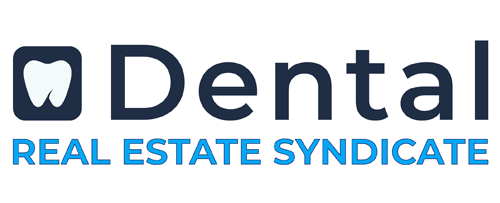Ensuring sufficient parking is available for your dental office is crucial not just for enhancing patient convenience and satisfaction but also for the overall accessibility and success of your practice. Here’s a comprehensive guide to determining the right amount of parking necessary for your dental office, considering both general dental practices and specialty practices like pediatric or orthodontic offices.
General Guidelines for Dental Office Parking Requirements
Understanding Parking Needs: The parking requirements for a dental office depend largely on the practice’s size, number of staff, and patient traffic. Generally, a useful guideline includes:
- 3-5 parking spaces per dentist within the practice.
- 1-2 parking spaces per additional staff member, which covers dental hygienists, dental assistants, and administrative personnel.
- Additional spaces for shared office areas or visiting specialists.
For instance, a practice with two dentists and four staff members might need approximately 10-14 spaces to comfortably accommodate overlapping patient appointments and staff parking.
Addressing Limited or No Off-Street Parking
Strategies for Urban Dental Offices: In urban settings where off-street parking may be scarce, consider the following approaches:
- Public Parking Partnerships: Secure partnerships with nearby parking facilities to offer validated or discounted parking for your patients.
- Valet Parking Services: For premium or specialty practices, valet parking can significantly enhance the patient experience by eliminating the hassle of finding a parking spot.
- Encourage Alternative Transportation: Promote the use of public transit, biking, or rideshare services, especially if your office is easily accessible by these routes.
- Efficient Scheduling: Implement a staggered appointment schedule to reduce peak parking demand and ensure a smoother flow of incoming and outgoing patients.
- Clear Communication: Provide detailed parking information on your website and through patient communications to alleviate any stress related to parking on the day of appointments.
Specialty Dental Practices: Tailoring Parking to Patient Needs
Pediatric Dental Offices:
- Family-Friendly Parking: Ensure parking spaces are wide enough to accommodate families with strollers or baby carriers. Consider reserving spots close to the entrance for families or expectant mothers.
- Extended Appointment Times: Pediatric appointments might run longer; thus, ensure your parking allocation accounts for extended stays.
Orthodontic Practices:
- High Turnover Parking: Orthodontic appointments are generally shorter but more frequent. Evaluate if short-term parking solutions or additional parking turnover rates are necessary.
- Accommodating Families: Provide sufficient parking for families who often accompany their children to orthodontic appointments, ensuring a stress-free experience for both parents and children.
Enhancing Parking Accessibility and Compliance
ADA Compliance: Ensure compliance with the Americans with Disabilities Act by providing adequately spaced handicapped-accessible parking spots close to the office entrance.
Alternative Transportation:
- Bicycle Parking: Offer bicycle racks to cater to eco-conscious patients and those living nearby who prefer cycling over driving.
- Electric Vehicle Charging Stations: Consider installing EV charging stations to attract eco-friendly patients and set your practice apart in environmentally conscious communities.
Conclusion
Determining the right amount of parking for your dental office is a strategic decision that affects patient satisfaction and operational efficiency. By understanding the specific needs of your practice and exploring innovative solutions for urban settings, you can significantly enhance the accessibility and appeal of your dental office. Specialty practices, in particular, require careful consideration of family and patient dynamics to ensure the parking solutions meet the unique needs of their client base. With thoughtful planning and patient-centric strategies, your practice can provide not just excellent dental care but also a seamless and stress-free visit from the moment patients arrive.

